Engage parents and caregivers as partners in student assessment from "summary" of Hacking Assessment by Starr Sackstein
Parents and caregivers are an essential part of a student's support system. When it comes to assessment, involving them in the process can provide valuable insights into a student's progress and growth. By engaging parents and caregivers as partners in student assessment, educators can create a more comprehensive picture of a student's abilities and challenges. One way to involve parents and caregivers in student assessment is to communicate regularly with them about their child's progress. This can be done through parent-teacher conferences, progress reports, and informal check-ins. By keeping parents informed about their child's performance, educators can ensure that everyone is on the same page and working towards the same goals. In addition to regular communication, educators can also involve parents and caregivers in the assessment process by soliciting their input and feedback. Parents and caregivers often have unique insights into their child's strengths, weaknesses, and learning styles. By listening to their perspectives, educators can gain a more holistic understanding of a student's academic and social-emotional needs. Furthermore, engaging parents and caregivers as partners in student assessment can help foster a sense of ownership and accountability among all stakeholders. When parents are actively involved in the assessment process, they are more likely to support their child's learning and advocate for their needs. This collaborative approach can lead to more personalized and effective interventions that support student growth and success.- Involving parents and caregivers in student assessment is a powerful way to enhance the educational experience for all parties involved. By working together as partners, educators, parents, and caregivers can create a supportive and nurturing environment that promotes student achievement and well-being.


